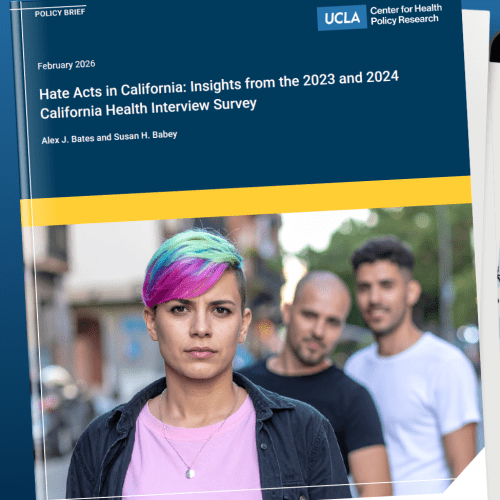U.S. News & World Report: Responding to the Next Ebola
Government health agencies can take these four steps to better prepare for the next disease outbreak.
Earlier this year, the World Health Organization declared that Ebola is no longer a public health emergency. While there are still outbreaks of patients infected with Ebola in Africa, local health officials are able to quickly identify and treat patients, keeping the virus from spreading. All that is good. But we can't put our guard down just because Ebola is not making headlines. We must be prepared for the next epidemic.
Ebola and other pathogens are zoonoses, viruses and other infectious agents that can be naturally transmitted from animals to humans. The Institute for Infectious Animal Diseases at Texas A&M University reports that at least 60 percent of all human pathogens are zoonotic. And according to the Centers for Disease Control and Prevention, 75 percent of recently emerging infectious diseases that affect humans come from animal reservoirs. In the future, zoonotic transmission may become an even greater threat to public health as the population in parts of Africa, Asia and Latin America increases, pushing humans into closer proximity and more frequent contact with animal disease reservoirs.
Faculty Referenced by this Article

Dr. Michelle S. Keller is a health services researcher whose research focuses on the use and prescribing of high-risk medications.

Professor of Community Health Sciences & Health Policy and Management, and Associate Dean for Research
Nationally recognized health services researcher and sociomedical scientist with 25+ years' experience in effectiveness and implementation research.

EMPH Academic Program Director with expertise in healthcare marketing, finance, and reproductive health policy, teaching in the EMPH, MPH, MHA program

Dr. Ron Andersen is the Wasserman Professor Emeritus in the UCLA Departments of Health Policy and Management.











































































